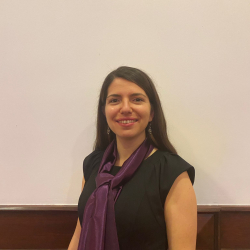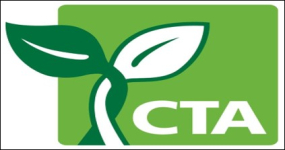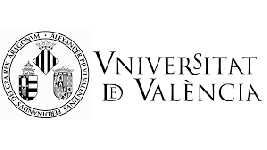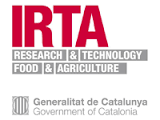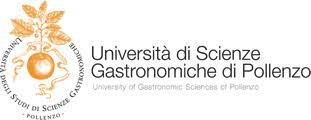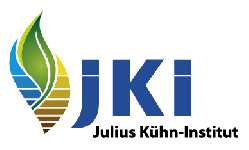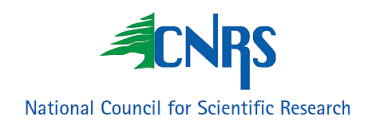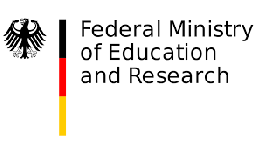ABOUT US
In all modern agricultural crops, the improvement of vegetable production of economic interest is based mainly on the control of pests and vectors of diseases. Pesticides application involves the use of chemicals with insecticidal, fungicidal, bactericidal properties. However, the expansion of their field application has created serious problems impacting human health and animals. In addition, excessive use of pesticides can leach into soils and water leading to land as well as groundwater pollution and wider biodiversity losses. Some of these products currently used to control pests are extremely toxic in inducing serious human diseases, such as cancer and immune and nervous system disorders. Current use of plant protection products in conventional and/or organic farming systems should be reconsidered taking in account their side effect on environment, non-target organisms, animal and human health. Such potential risk can be reduced through development, testing and demonstrating of approaches based on products safe for environment and life. This project aims to release to the market an innovative solution combining a new competitive biopesticide to cultural trainings aiming to reduce land and water pollution through new agricultural practices. SAFWA specific challenges are to meet the requirement of the EU regulation regarding the registration of safe biopesticides and to provide an environment in which agriculture production contributes to reduce the pollution of the water and the land. The main goal of SAFWA is to market a new alternative intended to minimize the risk associated with the use of pesticides. SAFWA will build on the ongoing European project IPM-4-Citrus achievements both at technological and market assessment levels to drive new cultural practices to farmers in 3 experimental farms around the Mediterranean.






